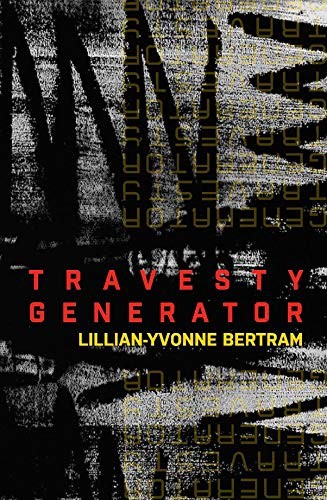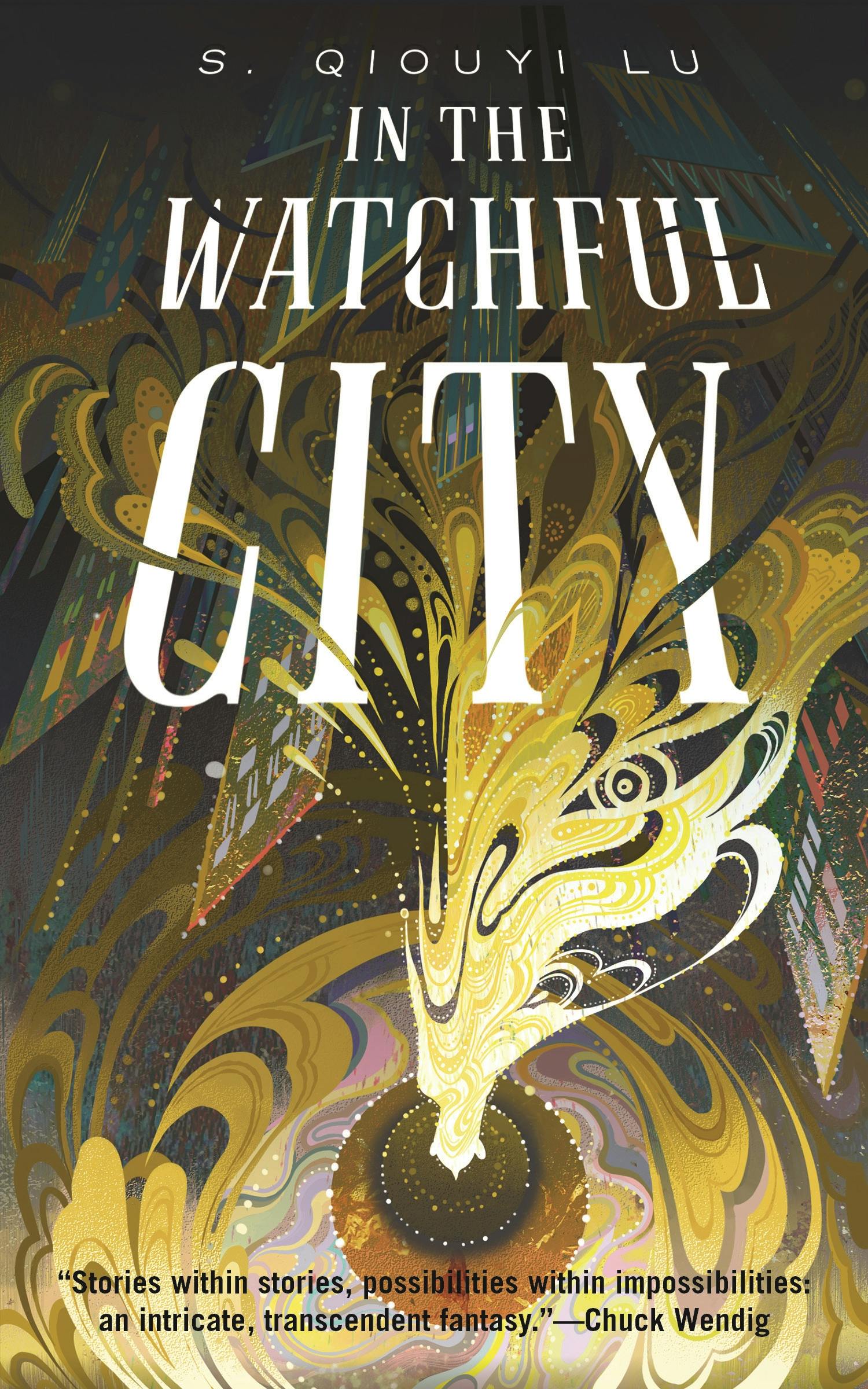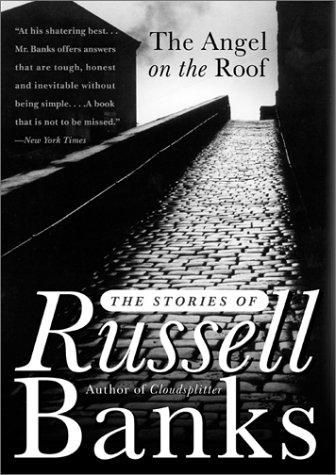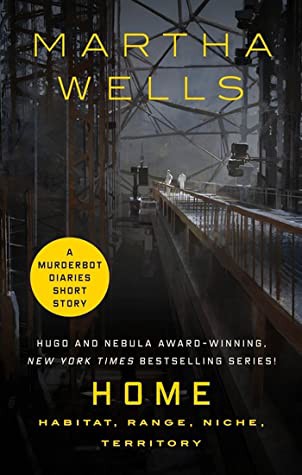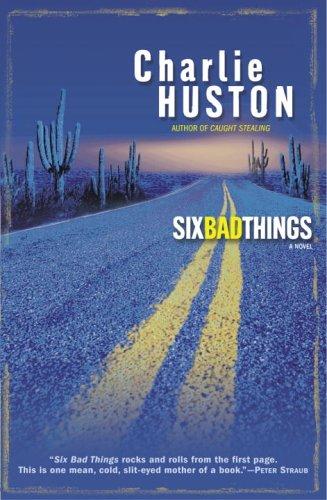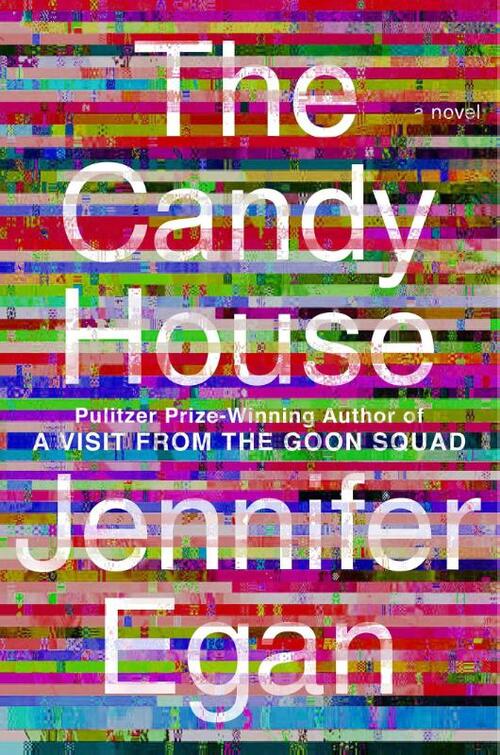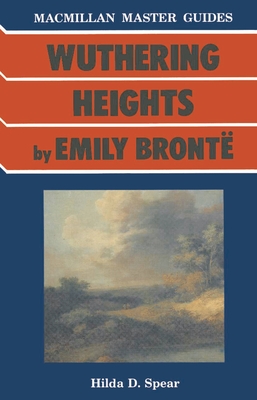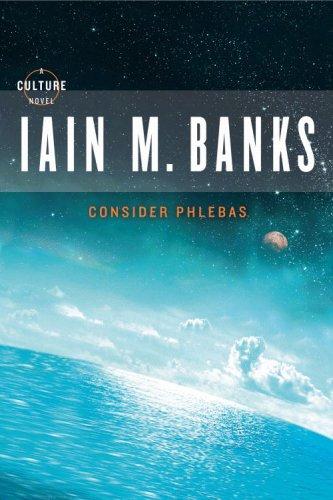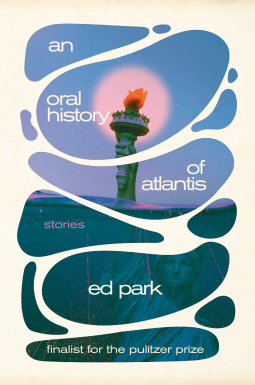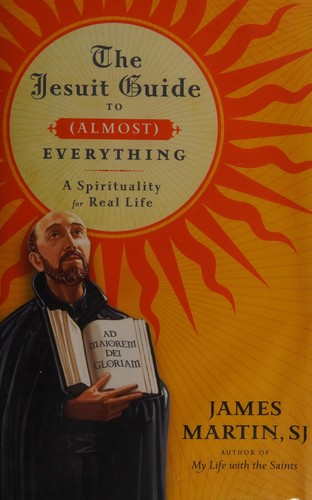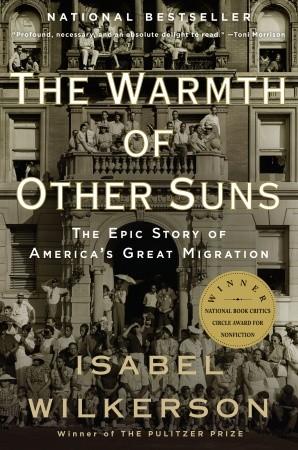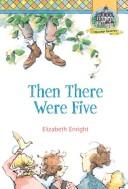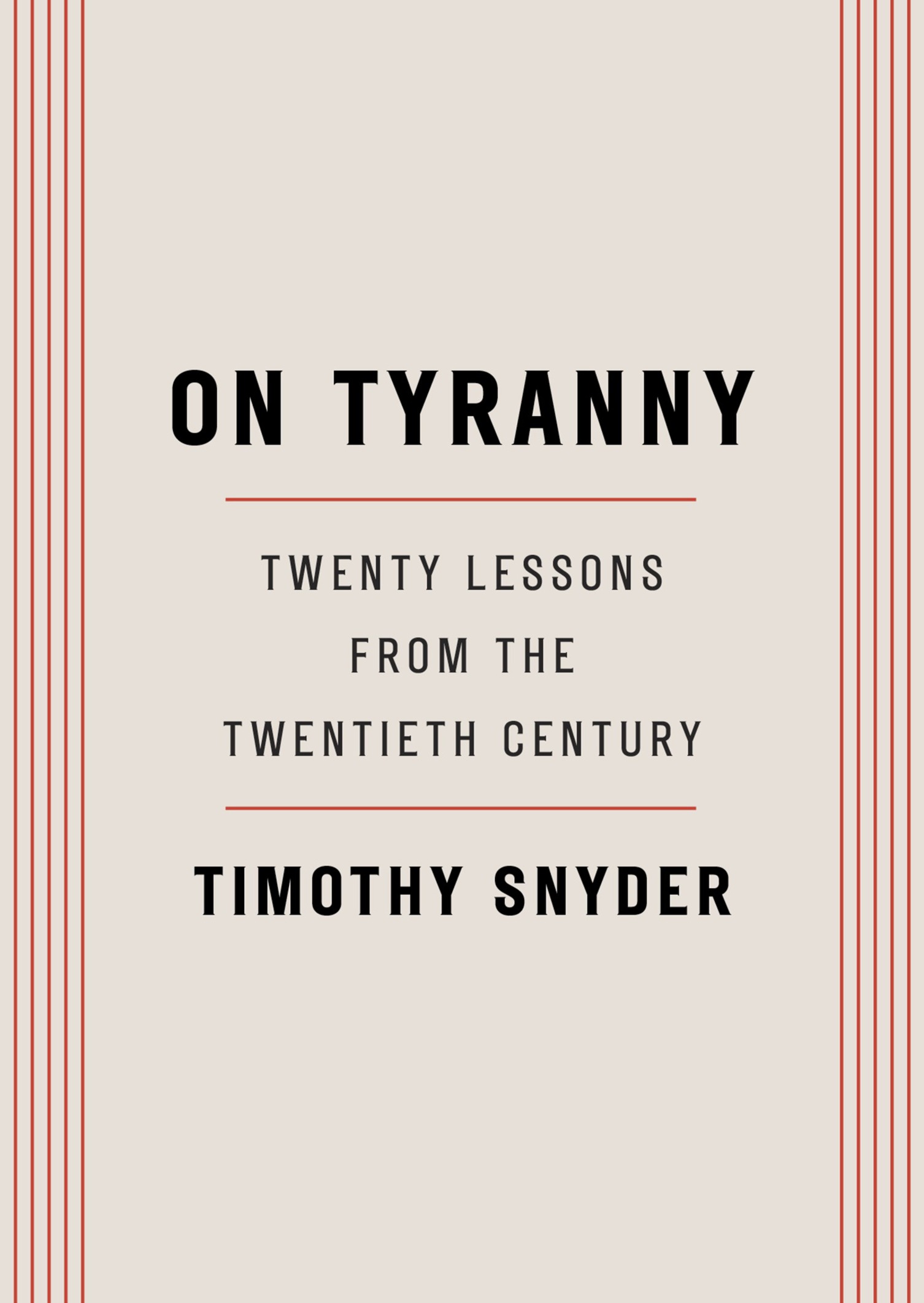4thace reviewed Wuthering Heights by Emily Brontë
It felt like a hard book to like
3 stars
This is one of the famous classics of English literature and part of the Western canon. Emily Brontë and her sisters lived at the beginning of the gothic story in the first part of the nineteenth century. So the moodiness, gloom, and melancholy atmosphere is of course abundant in this story, taking over the character development, plot, and setting depicted. The Yorkshire countryside takes on a role similar to the untamed frontier in early nineteenth century American literature. In at the center is a claustrophobic pair of landed families, the Earnshaws and the Lintons, with a few servants and the one character who serves to propel the plot, that of Heathcliff. He is of some indeterminate though definitely lesser class origin according to everyone else. The book covers two generations, starting with the early life of Heathcliff and his great love Catherine Earnshaw, then jumping over eighteen years to focus …
This is one of the famous classics of English literature and part of the Western canon. Emily Brontë and her sisters lived at the beginning of the gothic story in the first part of the nineteenth century. So the moodiness, gloom, and melancholy atmosphere is of course abundant in this story, taking over the character development, plot, and setting depicted. The Yorkshire countryside takes on a role similar to the untamed frontier in early nineteenth century American literature. In at the center is a claustrophobic pair of landed families, the Earnshaws and the Lintons, with a few servants and the one character who serves to propel the plot, that of Heathcliff. He is of some indeterminate though definitely lesser class origin according to everyone else. The book covers two generations, starting with the early life of Heathcliff and his great love Catherine Earnshaw, then jumping over eighteen years to focus mainly on the offspring of that generation. During this hiatus, Heathcliff goes off to become a self-made man of influence through unspecified means and returns with scores to settle.
Their emotions are portrayed as big and irresistible forces of nature. Heathcliff's unrequired love for the haughty Catherine is nearly too big to be contained, his ambition to own both Wuthering Heights and Thrushcroft Grange is calamitous to everyone else and too powerful to avoid. If Heathcliff didn't harbor these urges, there would be no story. You get the sense that if he were from a better pedigree, that would be the case; the characters see the darkness of Heathcliff as representin the bad blood in his veins. Twentieth-century adaptations of the novel reportedly focus closely on the love and the ambition working within Heathcliff, but things are more complicated than that in the novel. The other characters act according to their own unruly feelings, often contrary to their own best interest, to an extent that made me dislike them more or less. They have prejudices, an unwillingness to compromise, fallibilities, and infirmities galore.
Structurally the book has a frame story where the housekeeper Mrs. Dean is relating past events to the outsider tenant Mr. Lockwood. Really none of that matters, it's just bookkeeping to avoid having to invent an omniscient third-person point of view, which only came into vogue later. I had to consult a genealogical chart of the two families to keep track of the overlapping relationships and confusing names as I listened to the story in audiobook format. It's as though it would have been unthinkable in this book's universe to look for eligible matches just a few miles away from any other family. Nearly everything that occurs is reported as dialogue, aside from relatively small plot points such as unfastening a lock, going on a ride, hiding a letter. Everything is intimate, and everybody is miserable. By the end, the reader has seen everyone's flaws, and I'm thinking this was maybe a daring thing. I know so many other books with a spotless hero or heroine, but that was not the story the author wanted to tell. There is a slender hope at the very end that maybe with Heathcliff gone, the ones who remain can avoid the unhappiness.
I must admit that I didn't pay close attention to the first half of the book because things didn't capture my interest that much. The second part felt a little speedier even though it was playing out what was set up beforehand. In the end I felt as though Heathcliff successfully pulled off his scheme to own all the land, despite being an outside, yet he gained practically no satisfaction thereby. I never could be sure that any character was really capable of selfless love.
Reading about all these miserable people not the most fun experience for me, I have to admit. It wasn't like. It makes me think of Thomas Mann's book Buddenbrooks_ The Decline of a Family from a century later where things also come apart by the end, and yet that book had a little lift provided by Toni's character arc that led to self-awareness. There's just a tiny hint in this book that young Cathy might have learned to be less judgmental, but I'm not so sure this is realistic.
The audiobook format is what got me through this long story. If I were reading a hardcopy or electronic book I might well have set it aside by the first third. I'd say the narration by Billie Fulford-Brown gave it a little verve during the scenes with strong emotions, saving me the trouble of having to imagine them all myself.
I don't think I'll be revisiting this story soon, either the book or in adaptation. It's too bad the author didn't get the chance to take on other novels the way to see how her style might have changed.

